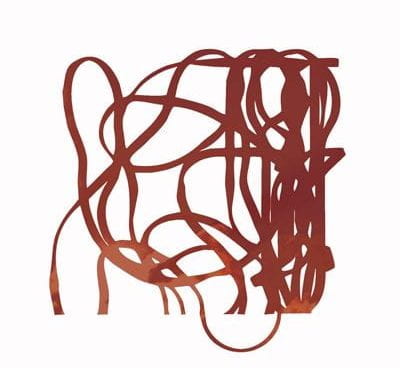
Identity has become a complex issue for me as a Chinese national living in cosmopolitan London. My students learning Mandarin here at Goldsmiths also come from many different places.
As a Mandarin lecturer, asking about cultural identity is a common topic that is often featured in many language learning textbooks and I have found can lead to several fascinating questions about personal identity.
This semester I taught a student who told me that she is Hakka; I thought that must mean 客家人 (Kèjiā rén)and a quick flick through the dictionary confirmed I was correct. During the next lesson when we were doing vocabulary drills, she told me that she was from Mauritius, explaining that Mauritius was her birthplace, British was her nationality, and the homeland of Hakka (the Hakka-speaking provincial areas of China) was her ancestral home.
Now I understood. Nationality, native place, place of residence, place of birth are often different yet interconnecting, and this rather confused me when I first begun conducting language practice and role play with my students as one of the rather simple role play questions students need to ask each other is:
你是哪国人?(Nǐ shì nǎ guórén)
“Which country do you come from?”.
Whilst previously teaching a student on another Mandarin course, the same topic had also come up and the student mentioned that he was from India, but he then went onto elaborate that he was born in Dubai, which was the place where he grew up and London is his current home and the place where his university is located.
A student from another of my courses here at Goldsmiths was a very diligent Mandarin learner and quickly progressed to a stage where he was able to take the HSK (Chinese Proficiency Test) examination, which is hosted by our department. I had always assumed that he was a local Londoner, until one day when he registered for the examination and the country printed on his admission ticket was actually Saint Vincent and the Grenadines.
All these experiences have really broadened my perspective as I come to realise that people from all nationalities and places in the world can take root in London, a place of so many differing cultures and restaurants where any country’s flavour can be found.
Compared with my own hometown, Beijing, which has a population of 21.5 million, London with its population of 8.9 million is much smaller both in population and geographical size, but its cultural diversity is incomparable to any other city I have ever visited.
Therefore, when the textbooks ask the question:
你是哪国人?(Nǐ shì nǎ guórén)
“Which country do you come from?”
Students’ answers can prove to be really much more complex than you might first think.
If you want to ask a Mandarin learner in London where they come from, you might have to ask again and again before you can really understand their complex cultural identity and how they came to London.
Among my students there are actuaries, bankers, computer engineers, designers and HR managers. They come from many different places and have many different reasons for learning Mandarin. Some have a partner who is Chinese, others need to learn Mandarin to aid communication with colleagues in the workplace. What I have found though, is that no matter where students come from, their Chinese language learning is ultimately motivated by a bond of emotion to Chinese culture.
Where do you come from?
There will be many answers. Where the sea is, drift is there. It is a not an easy question. Where do you come from?Where are you going? It is a philosophical issue and can be talked about for eternity.

Shu Gao studied at Nanjing Institute of International Studies before graduating from Nanjing Normal University with an MA in Linguistics (Translation Studies). She has translated abridged versions of Jane Austin, Marilyn Monroe, When Summer Comes and a number of other books. She currently lectures in Chinese on our Undergraduate Chinese studies programmes in the department and oversees our Mandarin for Beginner’s short course.
